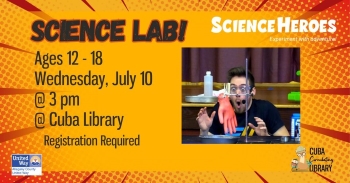A groundbreaking development by scientists at the California Institute of Technology (Caltech) has created a machine that can translate human thoughts into text in real-time. This technology has an accuracy rate of 79%, marking a significant advancement in brain-computer interface (BCI) technology.
In a study conducted by Caltech, two participants had tiny electrodes implanted in their brains, and they were asked to silently say specific words. The machine was able to decode these thoughts with 79% accuracy, demonstrating its potential for revolutionizing how we interact with machines. However, this technology is currently limited to just six words and requires invasive surgery to implant the electrodes.
Scientists are exploring non-invasive methods such as using fMRI scans to analyze brain activity, which may have lower accuracy but are more practical in the long run. As this technology continues to evolve, it could be used on a larger scale to help patients with speech and non-verbal disorders such as stroke survivors or individuals who have lost their ability to speak. This would provide them with a valuable means of communication and improve their quality of life.
The development of a machine that can read human thoughts is an extraordinary achievement that has the potential to have a profound impact on how we communicate and interact with technology in the future. As BCI technology continues to advance, it will undoubtedly change the way we perceive our relationship with machines and ourselves.


